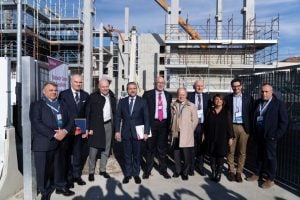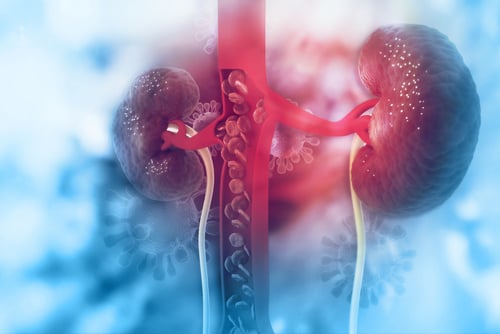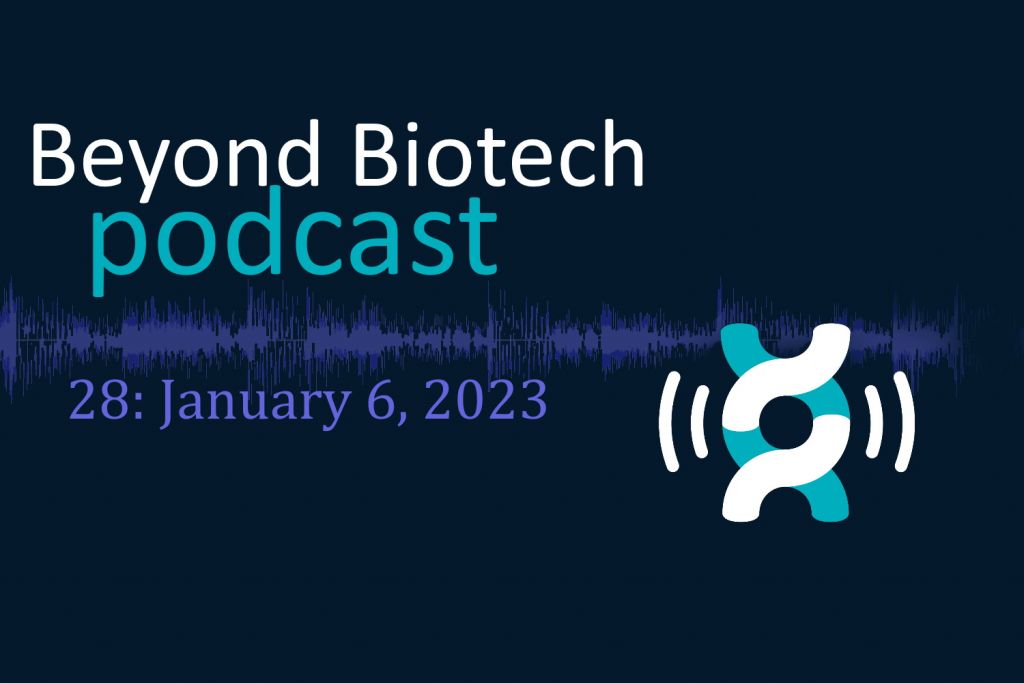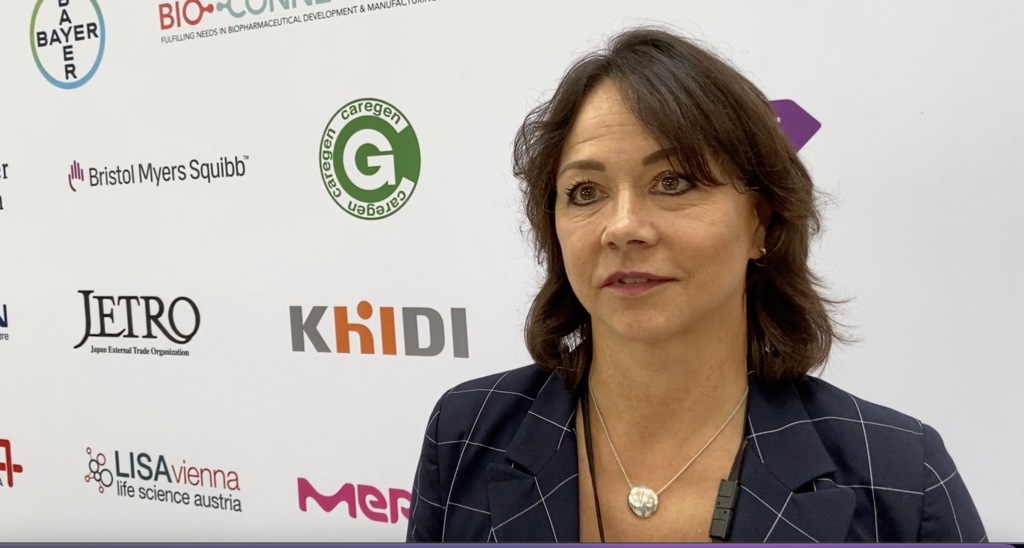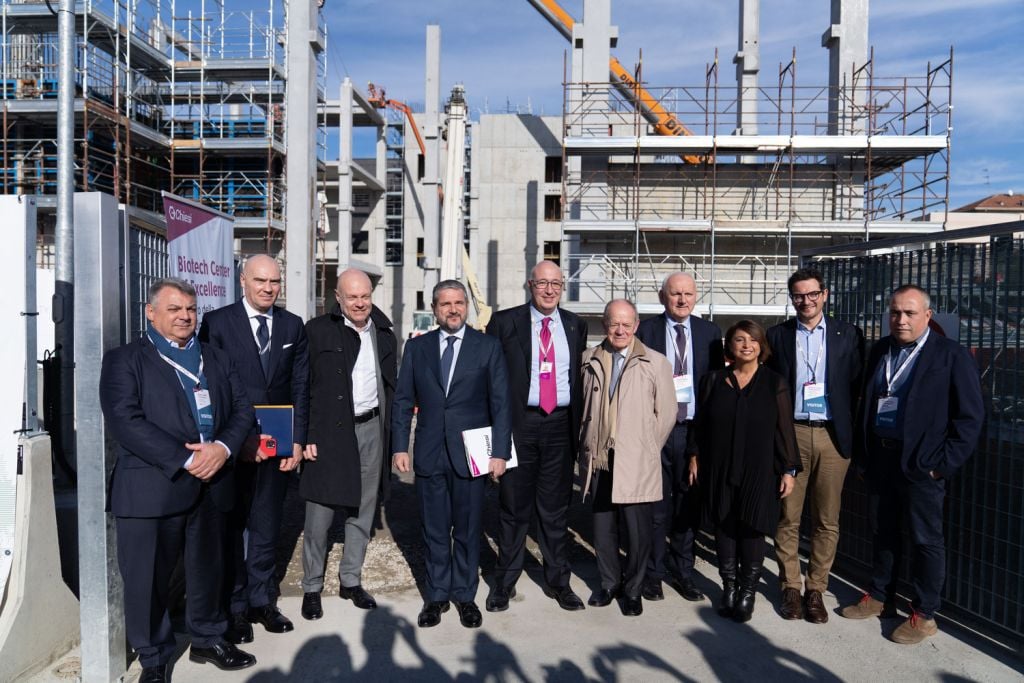Stay informed about the latest biotech news happening in Italy by subscribing to our newsletter.
How is the biotech industry in Italy?
The country’s biotech industry is experiencing steady growth, propelled by a dynamic startup ecosystem, world-class research institutions, and a commitment to innovation. The country excels in biopharmaceuticals, medical devices, and precision medicine, driving advancements in healthcare, agriculture, and bio-based industries.
What are the main biotech clusters in Italy?
The main clusters in Italy include the Bioindustry Park Silvano Fumero in Turin, specializing in biotechnology, pharmaceuticals, and medical devices. The Science and Technology Park Luigi Danieli in Udine focuses on biotechnology and life sciences. The Tuscany Life Sciences Cluster in Tuscany encompasses various cities and is known for its expertise in biopharmaceuticals, diagnostics, and regenerative medicine.



